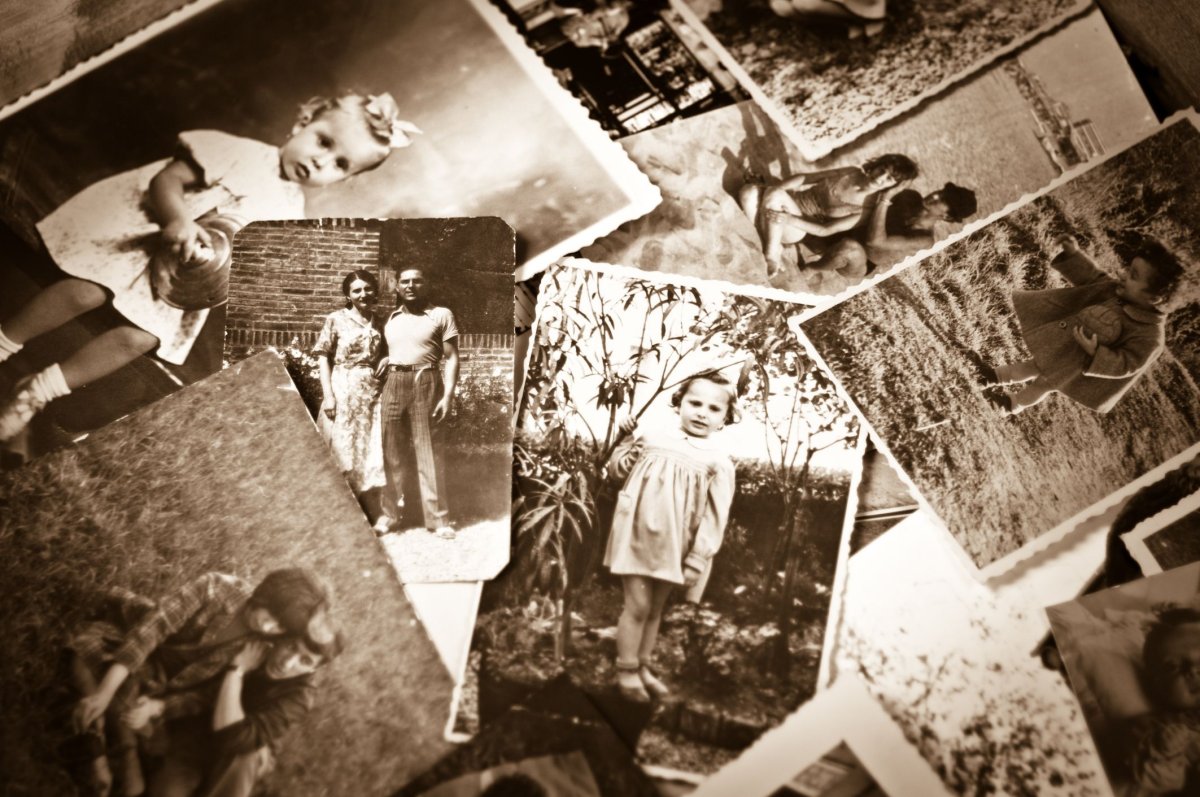Nearly 40 percent of people have a first memory that is fictional, according to a study, published in the journal Psychological Science, that is one of the largest ever conducted on the topic.
It is widely accepted among scientists that people's earliest memories tend to date from roughly 3 to 3 and a half years of age, and the inability of most adults to retrieve memories of events and situations from before this age is referred to as childhood amnesia.
But a team of researchers from three British universities—City, University of London, the University of Bradford and Nottingham Trent University—found that 38.6 percent of 6,641 participants claimed to have memories from the age of 2 or younger. Among these, 893 people claimed to have memories from the age of 1 or younger, a trend that was particularly prevalent among middle-aged and older adults.
The researchers asked participants to describe their first memories and when they dated from, under the condition that they had to feel certain the memories were direct experiences. This discounted any memory known to be based on a family photograph, a story or similar sources. After participants recalled their first memories, the team analyzed the various aspects of the descriptions.
Because many of the memories supposedly dated back to when participants were 2 or younger, the scientists suggest that they were actually based on constructed mental representations of early experiences—which could include visualizations and emotions—combined with facts or knowledge from their own childhood that may have been gleaned from photos or conversations.
"When we looked through the responses from participants, we found that a lot of these first 'memories' were frequently related to infancy, and a typical example would be a memory based around a pram," Martin Conway, a co-author of the study from the Centre for Memory and Law at City, said in a statement.
"For this person, this type of memory could have resulted from someone saying something like 'Mother had a large green pram.' The person then imagines what it would have looked like," he said. "Over time, these fragments then become a memory, and often the person will start to add things in, such as a string of toys along the top."

As we age, these mental representations are relived numerous times when they are recalled, solidifying the memory to the point that the person doesn't recognize it as fictional.
"In fact, when people are told that their memories are false, they often don't believe it," Conway said. "This is partly due to the fact that the systems that allow us to remember things are very complex, and it's not until we're 5 or 6 that we form adultlike memories due to the way that the brain develops and due to our maturing understanding of the world."
Uncommon Knowledge
Newsweek is committed to challenging conventional wisdom and finding connections in the search for common ground.
Newsweek is committed to challenging conventional wisdom and finding connections in the search for common ground.
About the writer
Aristos is a Newsweek science reporter with the London, U.K., bureau. He reports on science and health topics, including; animal, ... Read more
To read how Newsweek uses AI as a newsroom tool, Click here.








